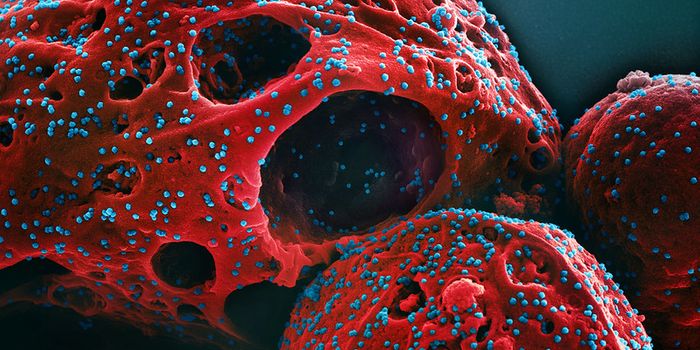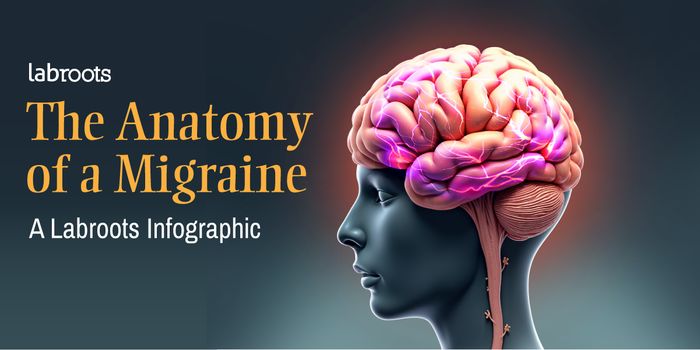The Link Between Coffee & Kidney Disease Depends on a Gene Variant
There seems to be a lot of conflicting information about how coffee intake affects human health. Some studies have found health benefits, while others have highlighted some of the risks coffee can pose. It doesn't usually get any more specific when researchers drill down to the level of a single organ like the kidney. Some research has suggested that caffeine can adversely affect kidney function in animals and humans; caffeine makes hypertension worse and exacerbates chronic kidney failure, for example. But there have also been reports that coffee is beneficial to the kidney; caffeine appears to lower the likelihood of chronic kidney disease, and may lessen the progression of diabetic neuropathy.
Now researchers have shown that a genetic variant can have a major impact on how caffeine is metabolized, which may have a dramatic effect on how caffeine affects health. The findings have been reported in JAMA Network Open.
Over 95 percent of the caffeine we consume is metabolized by a molecule called cytochrome P450 1A2, which is encoded by a gene called CYP1A2. Different genetic variants of the CYP1A2 gene are thought to have a major influence on how fast caffeine is metabolized.
This study has found that when people who carry a CYP1A2 variant that causes them to metabolize caffeine slowly also drink a lot of coffee, their level of kidney biomarker dysfunction is three times higher compared to heavy coffee drinkers who carry a CYP1A2 variant that causes rapid caffeine metabolism. When caffeine is metabolized at a slower rate, its effects last longer.
"We think fast metabolizers can eliminate caffeine from their systems more efficiently and avoid harmful build-ups of caffeine," said senior study author Ahmed El-Sohemy, a professor at the University of Toronto. "These individual differences in caffeine metabolism help explain why previous studies on coffee and kidney disease have been inconsistent."
The kidney dysfunction biomarkers investigated in this study were hypertension, an excess of albumin in urine (albuminuria); and a high glomerular filtration rate in the kidney (hyperfiltration).
A major difference between this study and most previous work is that the study authors have investigated how small genetic differences between individuals can influence the type of effect that caffeine has on the kidney.
The study authors noted that the level of caffeine intake also seems to be relevant. Kidney dysfunction only arose among study participants who drank three or more cups of coffee every day, or about 300 milligrams of Italian espresso. The data for this study was collected in Italy. In the United States and Canada, health guidelines suggest that people consume no more than 400 milligrams daily.
People in the general population are thought to carry the slow caffeine metabolism CYP1A2 variant at the same rate as study participants; about half the population is estimated to carry the slow metabolism variant. There are genetic tests that look for these variants, especially because the CYP1A2 variants can influence the risk of several disorders that have been linked to caffeine intake.
"Heart disease, prediabetes, and hypertension are all affected by variations in CYP1A2, which can also alter athletic performance," noted first study author Sara Mahdavi, PhD. "We can now be confident that whether or not coffee is deleterious to kidney health depends, in part, on CYP1A2."
Sources: University of Toronto, JAMA Network Open









